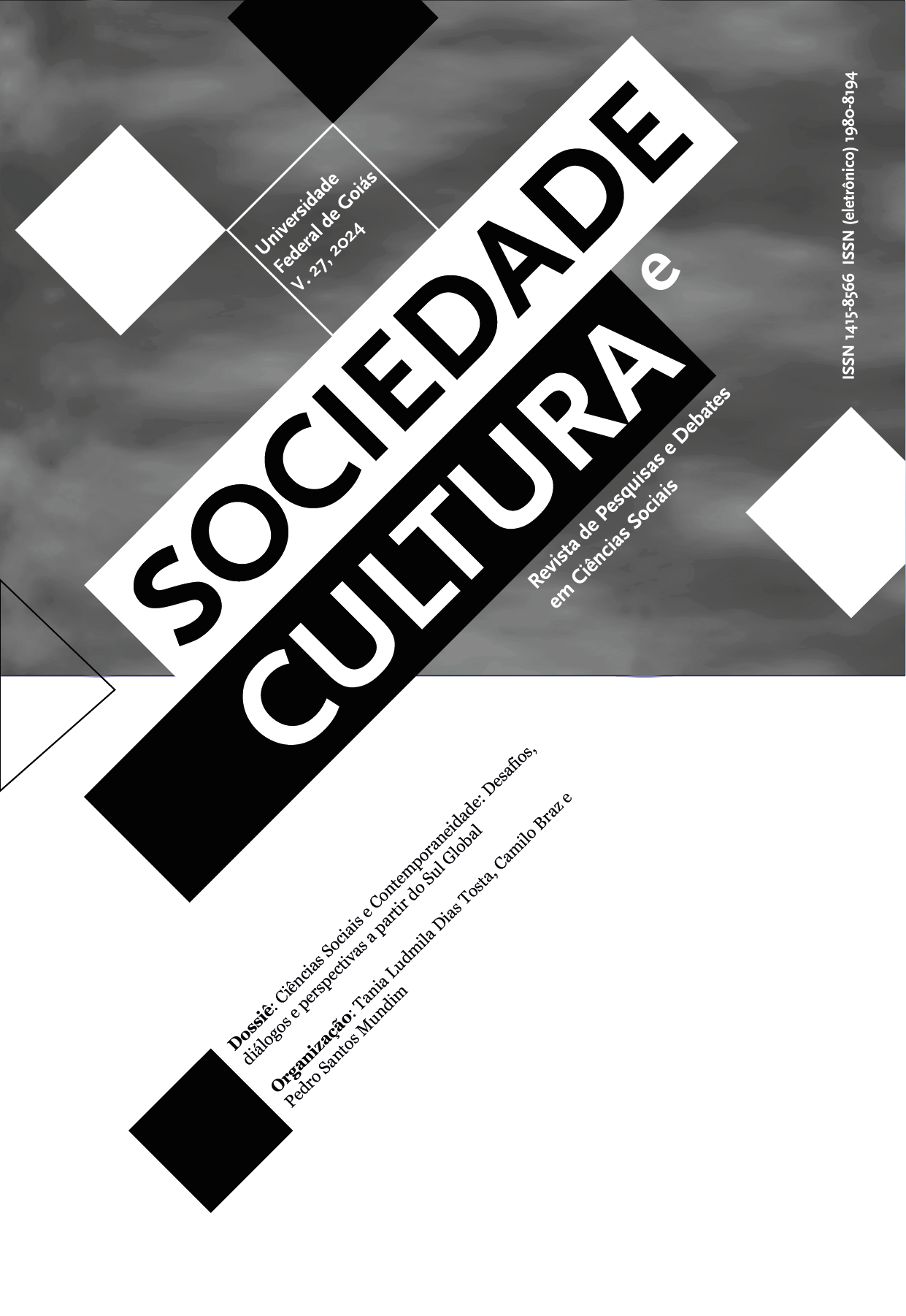Feminilidades travestis e trans em risco: da vulnerabilidade habitacional à vida na rua
DOI:
https://doi.org/10.5216/sec.v27.77517Resumo
O objetivo do artigo é relatar as diversas situações de vulnerabilidade habitacional sofridas pela população travesti e trans da Cidade de Buenos Aires. Definimos essa vulnerabilidade como uma situação de fragilidade específica que certos grupos sociais experimentam no acesso a um abrigo digno num quadro mais amplo de vulnerabilidade social. Essa vulnerabilidade está ligada à intersecção entre a origem das famílias que as expulsam, as condições econômicas adversas, o baixo nível educacional alcançado e um estigma que produz uma marcação social da identidade de gênero trans. Essa vulnerabilidade habitacional vai desde 1) a dificuldade de acesso ao aluguel formal de imóveis por não cumprimento dos requisitos (garantias, recibos de salário e não ter efetuado a alteração cadastral) e/ou pela rejeição dos proprietários devido a sua identidade de gênero; 2) não ingresso em hotéis e pensões que costumam ter instalações precárias e, até, 3) morar na rua. O artigo explica a relação entre vulnerabilidade habitacional e identidade de gênero trans e identifica as especificidades que esse tipo de vulnerabilidade assume na população travesti e trans. A chegada à rua é concebida como a expressão máxima da vulnerabilidade habitacional.
Downloads
Downloads
Publicado
Como Citar
Edição
Seção
Licença
Copyright (c) 2024 Sociedade e Cultura

Este trabalho está licenciado sob uma licença Creative Commons Attribution 4.0 International License.
Autores/as que publicam nesta revista concordam com os seguintes termos:
- Autores/as mantêm os direitos autorais e concedem à revista o direito de primeira publicação, sendo o trabalho simultaneamente licenciado sob a Creative Commons Attribution License, o que permite o compartilhamento do trabalho com reconhecimento de autoria e da publicação inicial nesta revista.
- Autores/as têm autorização para assumir contratos adicionais separadamente, para distribuição não exclusiva da versão do trabalho publicada nesta revista (ex.: publicar em repositório institucional ou como capítulo de livro), com reconhecimento de autoria e da publicação inicial nesta revista.
- Autores/as têm permissão e são estimulados/as a publicar e a distribuir seu trabalho online (ex.: em repositórios institucionais ou na sua página pessoal) a qualquer ponto antes ou durante o processo editorial, já que isso pode gerar alterações produtivas, bem como aumentar o impacto e a citação do trabalho publicado (veja O Efeito do Acesso Livre).


 Esta revista está licenciada sob a licença
Esta revista está licenciada sob a licença 
